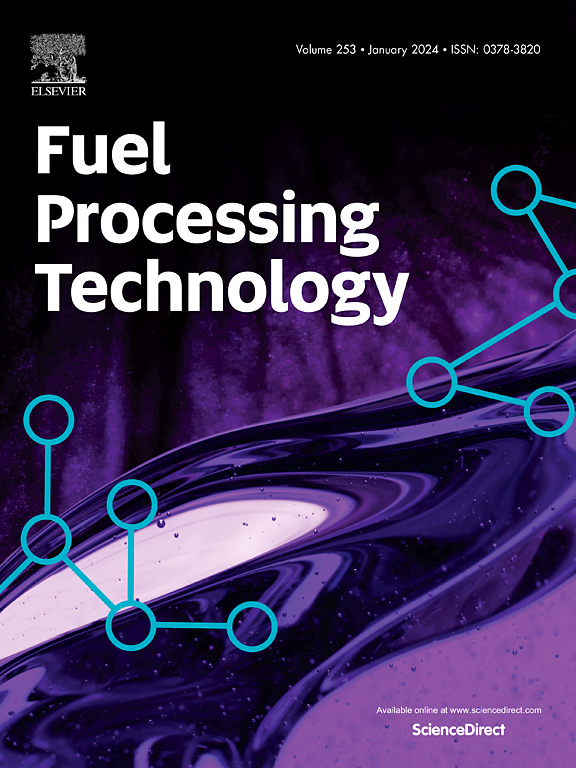Recent advances in the beneficiation of ultrafine coal particles
Abstract
Only when problems in ultrafine coal particle beneficiation process are well understood and clarified, efficient methods can be devised to recover ultrafine coal particles in an economically viable way. When minerals are fully liberated from organic substances in the grinding process, coal beneficiation methods are needed to efficiently separate organic materials from mineral ones. This is necessary for clean coal technologies as the pollutants associated with coal utilization are the key factor in limiting the sustainability of coal utilization. To assess the current state of knowledge available in this area, a comprehensive literature review on the ultrafine coal particle beneficiation techniques is carried out with main focus on recent progresses. In this paper, previous studies on the ultrafine coal beneficiation have been critically analyzed with respect to the effects of particle sizes and surface properties. The techniques are classified into two categories, physical separation (including gravity, magnetic and electrostatic separation method) and physico-chemical separation (including oil agglomeration and bubble flotation method). The aim of this paper is to review developments and limitations of current ultrafine coal particle beneficiation techniques and also to identify the future development in recovering ultrafine coal particles.

 求助内容:
求助内容: 应助结果提醒方式:
应助结果提醒方式:


